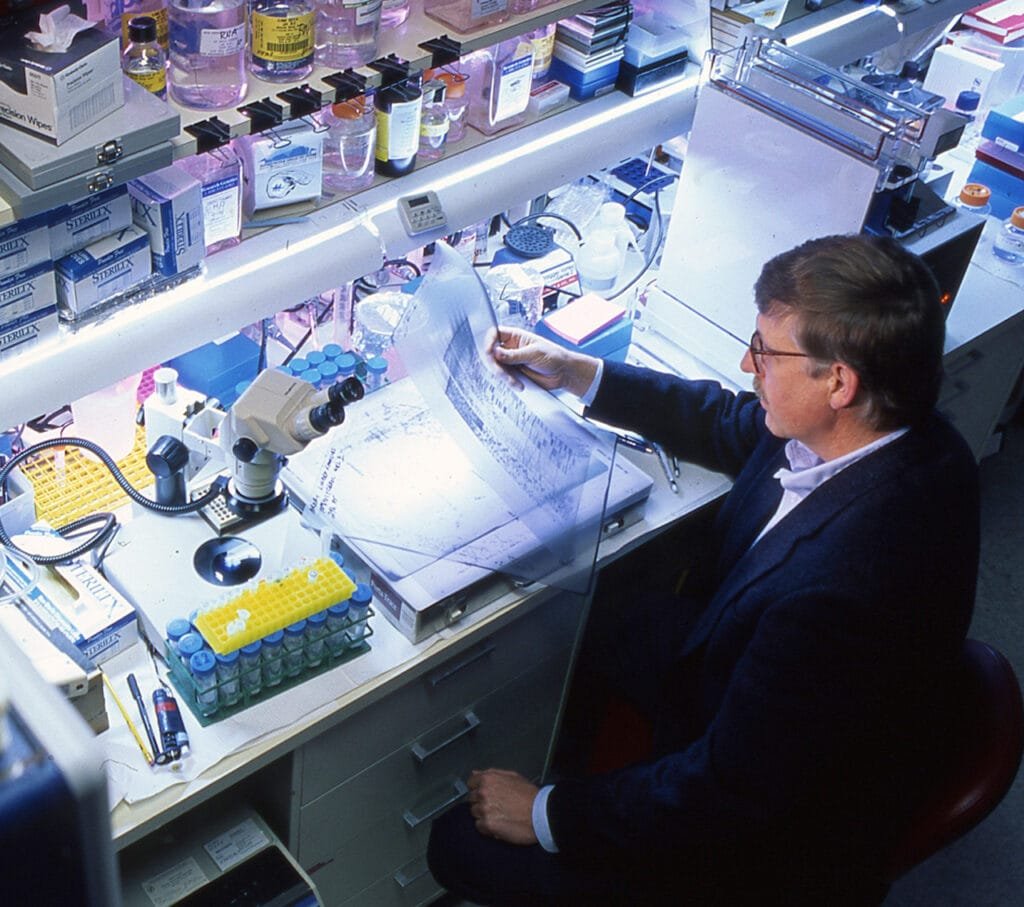Uncover the groundbreaking findings of the Human Genome Project and how this ambitious research project has transformed our understanding of genetics.
Mapping the Blueprint of Life
The Human Genome Project (HGP) was one of the most ambitious scientific endeavors of the 20th century. Launched in 1990 and completed in 2003, the project aimed to map the entire human genome—the complete set of DNA in the human body.

By identifying the sequence of over 3 billion DNA base pairs, scientists hoped to unlock the secrets of human biology and disease.
Key Findings of the Human Genome Project
One of the most surprising discoveries of the HGP was that humans have fewer genes than previously thought—around 20,000 to 25,000, far fewer than many other organisms.
This finding challenged long-held assumptions about the complexity of the human genome and led to new questions about how genes interact with each other and the environment.
The HGP also identified a vast amount of non-coding DNA, sometimes referred to as “junk DNA.” While these regions do not code for proteins, they play essential roles in regulating gene expression and maintaining genome stability.
Applications in Medicine
The Human Genome Project has revolutionized medicine by paving the way for personalized medicine.
By understanding an individual’s genetic makeup, doctors can tailor treatments to their specific needs. This approach is particularly useful in cancer treatment, where genetic mutations can vary widely between patients.
Genetic testing for inherited diseases has also become more accessible, allowing individuals to learn about their risk for conditions like Alzheimer’s, heart disease, and certain cancers. This information empowers people to make more informed decisions about their health.
Ethical and Social Implications
While the HGP has brought numerous benefits, it has also raised ethical and social concerns. Genetic information is highly personal, and there are fears that it could be used for discrimination in employment or insurance. Privacy concerns must be addressed to protect individuals from the misuse of their genetic data.
The Future of Genomics
The Human Genome Project was just the beginning of our journey into understanding the human genome.
As technology advances, scientists are continuing to explore the complexities of our DNA, leading to new medical breakthroughs and insights into human evolution.